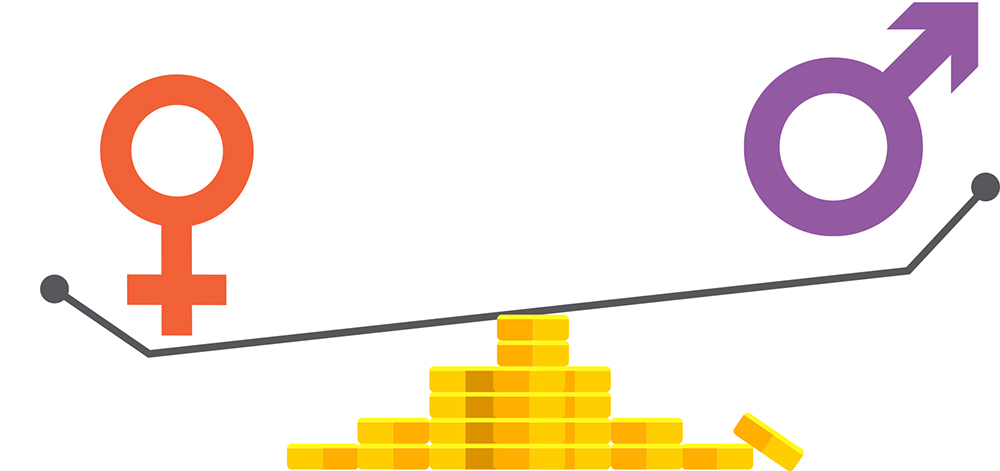Are business leaders choosing profit over people and planet?
Here we are, celebrating yet another Women’s Month in South Africa – with a frenzy of women-targeted events taking place. Then 31 August comes along, we pack everything away and we wait another year for the same frenzy.

Year after year, the same messaging takes place but brings no real change other than a great PR moment with not much substance. Consumers and employees, however, are aware of the fact that business has shortcomings in addressing gender inequality comprehensively, all 365 days of the year.
In 2014, long before COVID-19, the KPMG report Too Costly to Ignore shared findings that GBV is costing the South African economy between R28 and R42 billion a year. In 2015, the McKinsey Global Institute report, The Power of Parity shared findings that advancing women’s equality can add $12 trillion to global growth. The report focused on the lack of parity between men and women. The World Bank (2018) found that violence against women can cost up to 3.7% of GDP in some countries. There are many reports like these on the cost of GBV and gender inequality, yet none has resulted in tangible change as gender inequality persists globally.
Gender inequality is the biggest driver of GBV, and the private sector has the resources, the capacity and the power to change economies, if we intentionally and deliberately address gender inequality in the workplace. However, there needs to be a willingness and understanding from business leaders that if we want to contribute to creating a better future for all equality in the workplace is not optional, it is imperative.
The reality in 2022; women working in the private sector, while highly educated and qualified, are still finding it difficult to escape gender disparity as the “old boys club” and stereotyping still favours their male counterparts. In South Africa, women earn 35% less than men for doing work of equal value. My question to all our CEOs out there: WHY?
On August 11, 2022, the Shared Value Africa Initiative in collaboration with the University of Johannesburg, Mid Sweden University and supported by KPMG South Africa released The Costly Impact of GBV research report, which explored the private sector perception and realities on GBV in the workplace. The purpose of the report is to drive accountability within the private sector and influence GBV-related system and policy change.
It is my plea to our male leadership and executives to step up, hear our voices, and take action.
[The Costly Impact of GBV report extract, page 29]
CALL TO ACTION
We urge business leaders to speak candidly and take action to address GBV and gender equality in the workplace, including providing the necessary support structures. Elevate the value of achieving SDG 5 by ending all forms of discrimination, violence and any harmful practices against women in the workplace.
What business can do to accelerate progress:
- Defend, invest, act and report on the solutions already embedded within SDG 5.
- Change starts at the top: big ideas mean little without buy-in from senior leadership.
- Get out of the office and listen to your employees.
- Break the silence and start the conversation: We cannot greet trauma with silence, because silence, at best, gives the impression of indifference.
- Act to prevent GBV within the company through strategy, HR-led policies, systems, awareness training, communication, and dialogue.
- Enable adequate complaint and response mechanisms.
- Include your efforts in your ESG and integrated annual reports.
- Ensure market-facing business practices in marketing, communications, sales, and other units do not contribute to gender stereotyping and perceptions that influence societal values, norms, and attitudes that condone violence against women.
We are failing our women and children and this cannot continue; we have a moral obligation and responsibility as leaders to address this issue. The time is now to bring about system change and address gender inequality.

TIEKIE BARNARD
Founder & CEO




